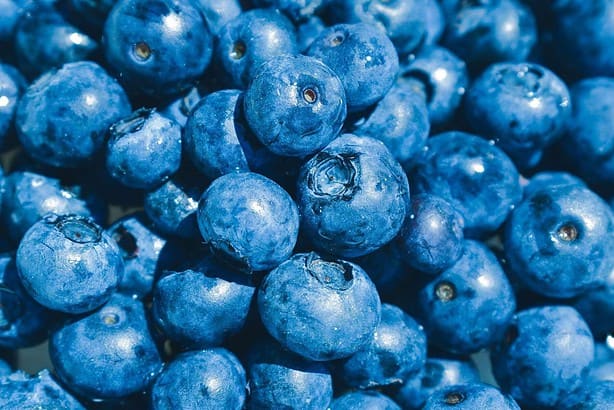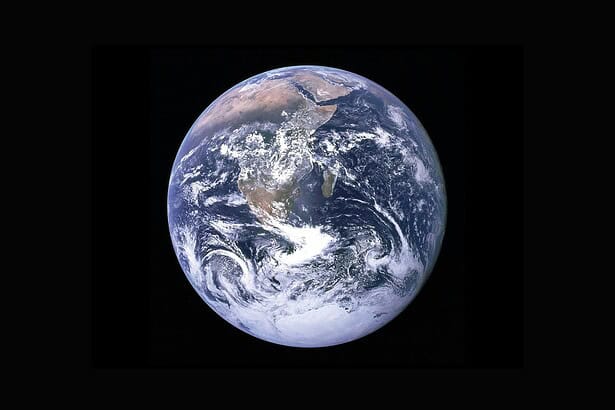Post Author
There’s something oddly comforting about a cup of tea. Whether you’re sipping it to start your day, wind down your evening, or just survive a chaotic Tuesday, it’s like a little hug in a mug. But have you ever wondered where it all began? How did this humble leaf make its way into our mugs, thermoses, and even bubble tea cups?
Believe it or not, tea didn’t start with a health trend or a fancy café menu. Legend has it, it all began with a total accident. Yep — one of the most iconic beverages in the world was (allegedly) the result of leaves falling into a pot of boiling water. Sometimes, the best things in life really do happen when you’re not paying attention.

The Discovery and Spread of Tea
Let’s rewind to ancient China, around 2737 BCE. Enter Emperor Shen Nong — a ruler known for his curiosity about herbs and his habit of boiling drinking water (a smart move for back then). One breezy day, while his pot of water bubbled away, some leaves from a nearby wild tree drifted down into it. Instead of tossing the whole thing out like most of us probably would, he took a sip. And just like that — tea was born. Or at least, that’s how the legend goes.
From that accidental steeping, tea slowly worked its way into daily life, first as a medicinal drink. It was said to aid digestion, boost energy, and keep the body balanced — and let’s be honest, we’re still clinging to those hopes today. By the Tang Dynasty (7th–10th centuries), tea had become a cultural staple in China, complete with teahouses, fancy brewing methods, and even poetry dedicated to it. @SUNWE_026 gives a more detailed history lesson on the Chinese chapter of tea, filled with interesting stories and even some speculations.
The origin and development history of Chinese tea culture
byu/SUNWE_026 intea
From there, it spread like wildfire — well, more like steam. Buddhist monks brought tea to Japan, where it became central to the serene and ritualistic Japanese tea ceremony. Traders introduced it to Central Asia and the Middle East, and eventually it found its way to Europe via the Silk Road and Portuguese merchants in the 16th century.
Then the British got their hands on it — and oh boy, did things escalate. Afternoon tea, fine bone china, entire colonial trade routes — the whole shebang. It wasn’t just a drink anymore; it was a global obsession.
The Tea Effect on Culture and Society
It’s crazy to think a few leaves in hot water could change the course of history, but that’s exactly what tea did.
In China, tea became a symbol of hospitality, elegance, and philosophical reflection. Whole books were written about it — not just how to drink it but how to respect it. The tea ceremony was about mindfulness, simplicity, and connection way before those were buzzwords.
In Japan, the tea ceremony evolved into a spiritual and artistic ritual. Think less casual sipping, more meditative experience — with choreographed movements, quiet surroundings, and deep appreciation for every aspect of the moment.
In India, tea (or “chai”) became part of daily life. Introduced by the British to boost tea production, Indian chai mixed black tea with spices like cardamom, ginger, and cinnamon, resulting in the flavorful, sweet-spicy brew that now fuels millions of morning commutes.
And then there’s Britain, where tea became so central to daily life that entire political movements were brewed around it — literally. Ever heard of the Boston Tea Party? Yep, people got so riled up over taxes on tea that they dumped an entire shipment into the harbor and set the stage for the American Revolution.
Today, tea is a global comfort. It brings people together — over gossip, heart-to-hearts, healing, and celebrations. Whether you’re drinking Moroccan mint tea in a sunlit courtyard, sipping English breakfast on a rainy afternoon, or grabbing boba with friends, you’re participating in a tradition thousands of years old.

One Little Leaf, a Whole Lot of Impact
From accidental discovery to global phenomenon, tea has stirred its way into just about every corner of the world — and it all started with some leaves falling into a pot of hot water. Talk about a happy accident.
So the next time you make yourself a cup, take a moment to appreciate the journey. That warm, soothing sip is steeped (pun fully intended) in centuries of history, culture, and connection. Not bad for a beverage born by chance.





